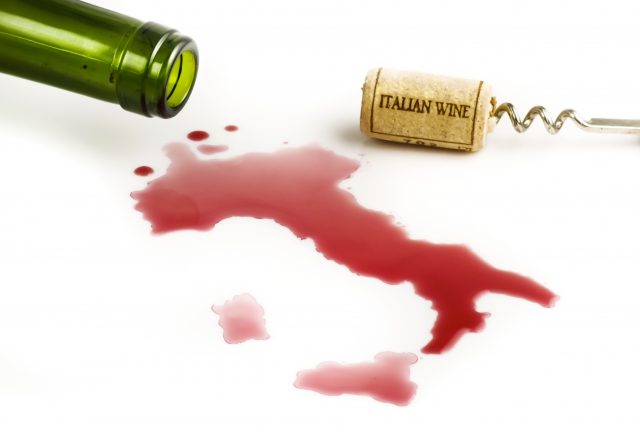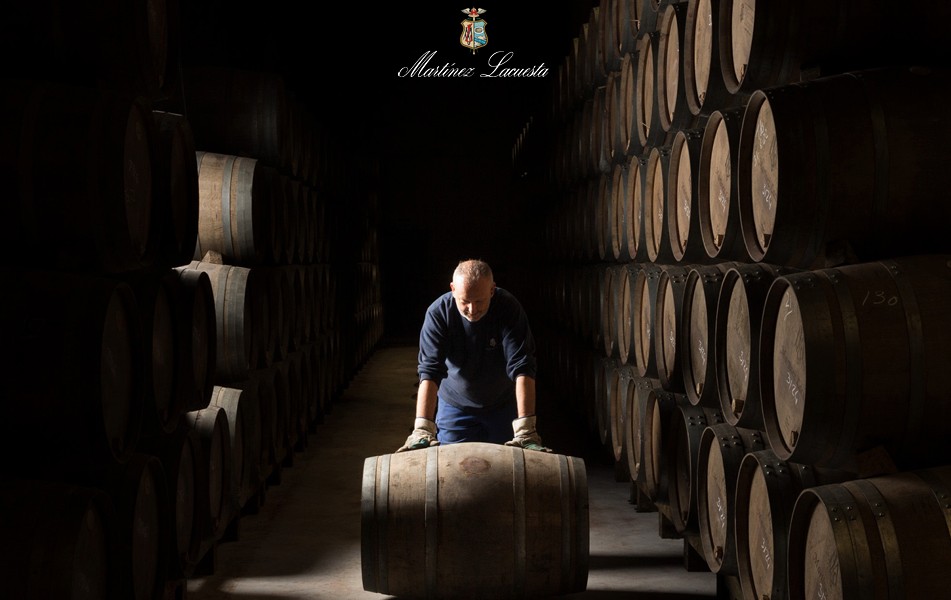More Italians are drinking wine, but less often, study shows
The Italian Wine Union (UIV) processed data from 2021 and found that the number of wine consumers in the country has increased to almost 30 million, representing 55% of the population.

The study, which broke down unpublished data from the Italian National Institute of Statistics, found that while the number of wine drinkers has increased since 2011 (+2.3% for men and +9% for women), the frequency of consumption has declined. Overall, 66% of Italian men drink wine, compared to 44% of women.
The number of daily wine consumers has decreased by 16.8% from 14.9m to 12.4m in the last decade. The proportion of those drinking more than half a litre a day has dropped significantly, by 31.3%.
Broken down by age groups, the number of wine drinkers in the 18-34 demographic has dropped by 2.9% since 2011, and for 35-44 year-olds, the number has reduced by almost a quarter. For older age groups, the data shows a more positive trajectory, with a 19.3% increase of over 65s enjoying a glass of something every now and then.
Partner Content
The regional data also had a few surprises. Umbria had the highest consumption in relation to its population (62%), ahead of Marche (60%) and Veneto, Emilia-Romagna and Valle d’Aosta (59%). Meanwhile, Sicily, despite being one of the country’s leading wine producing regions, had the lowest level of consumers at 45%.
While the study does not pinpoint reasons for these trends, UIV president Lamberto Frescobaldi suggests that it is because the relationship between wine and wine drinkers “has evolved”: “Today in Italy, wine…has a cultural status…it is not only the product that attracts, but also what lies behind it: the territory, the stories, the social context – a moderate approach that has nothing to do with getting drunk.”
While moderation when it comes to drinking is growing in popularity, the European Union has increasingly been treating wine as a health risk comparable to tobacco.
Related news
Campari sells Averna and Zedda Piras, raising £88m




